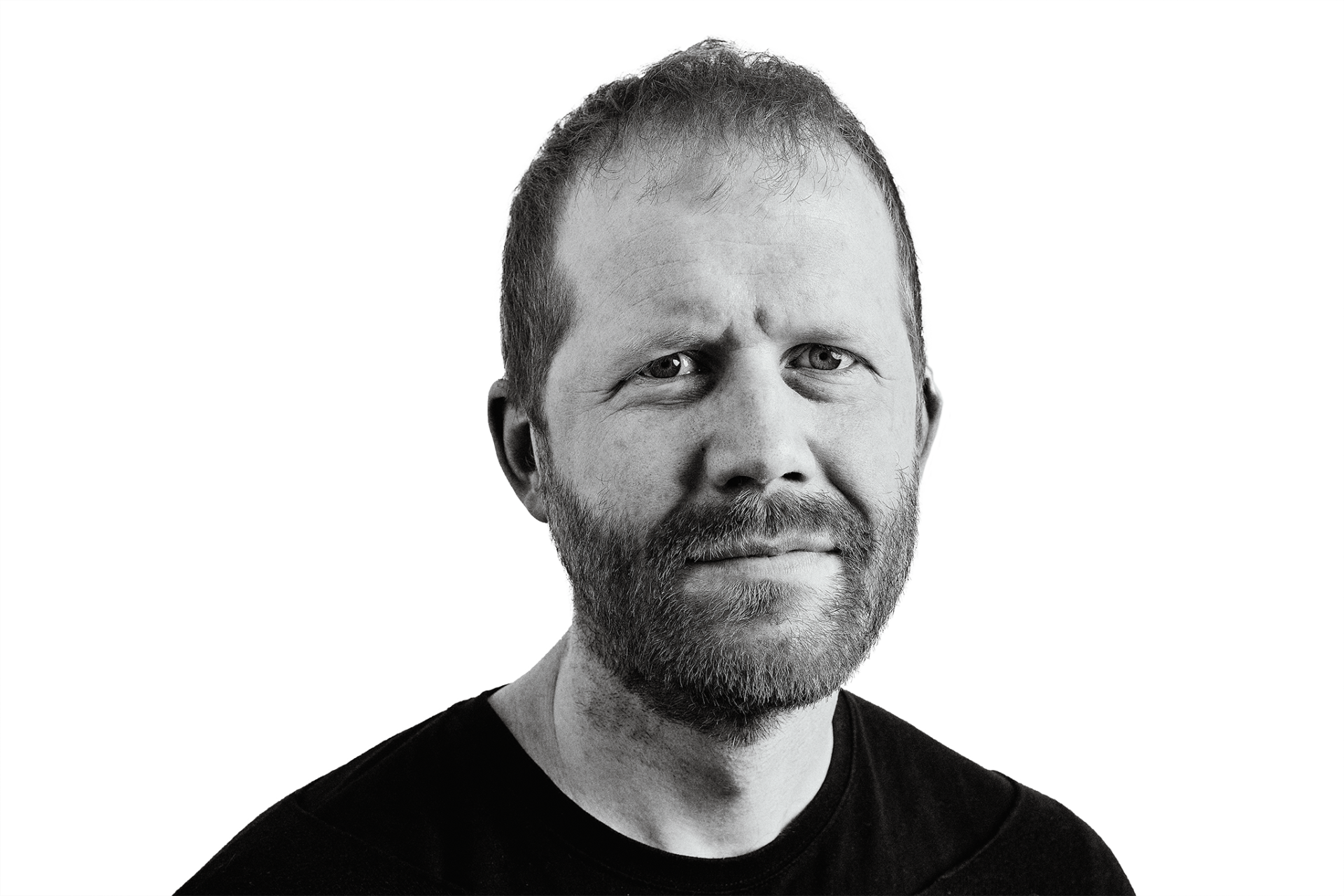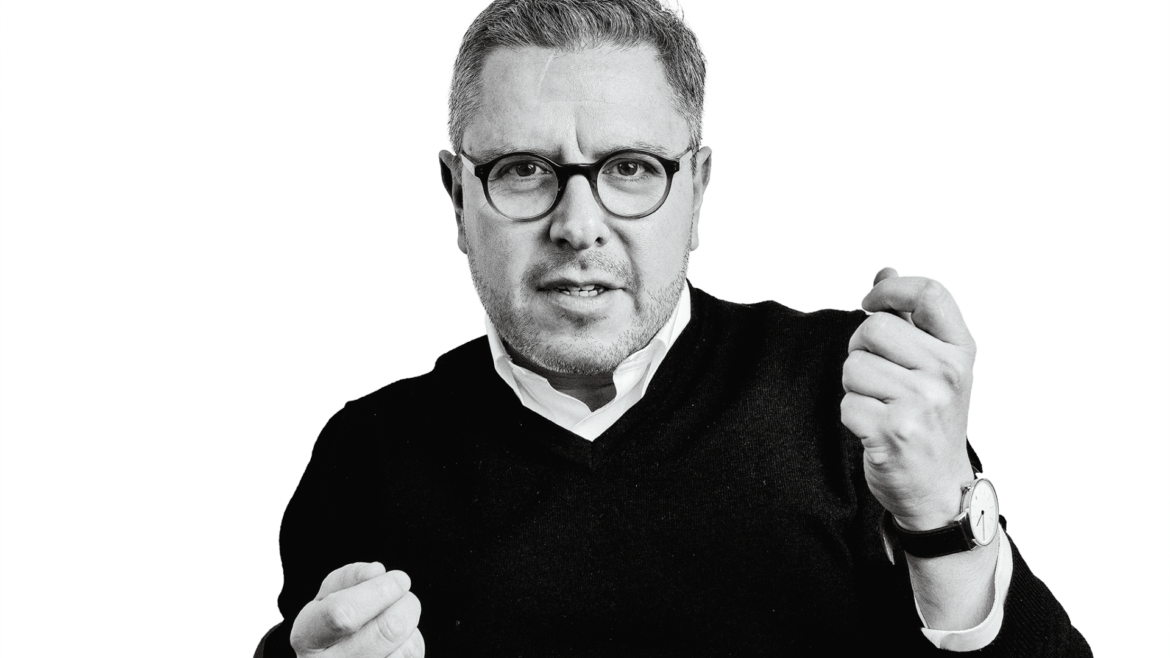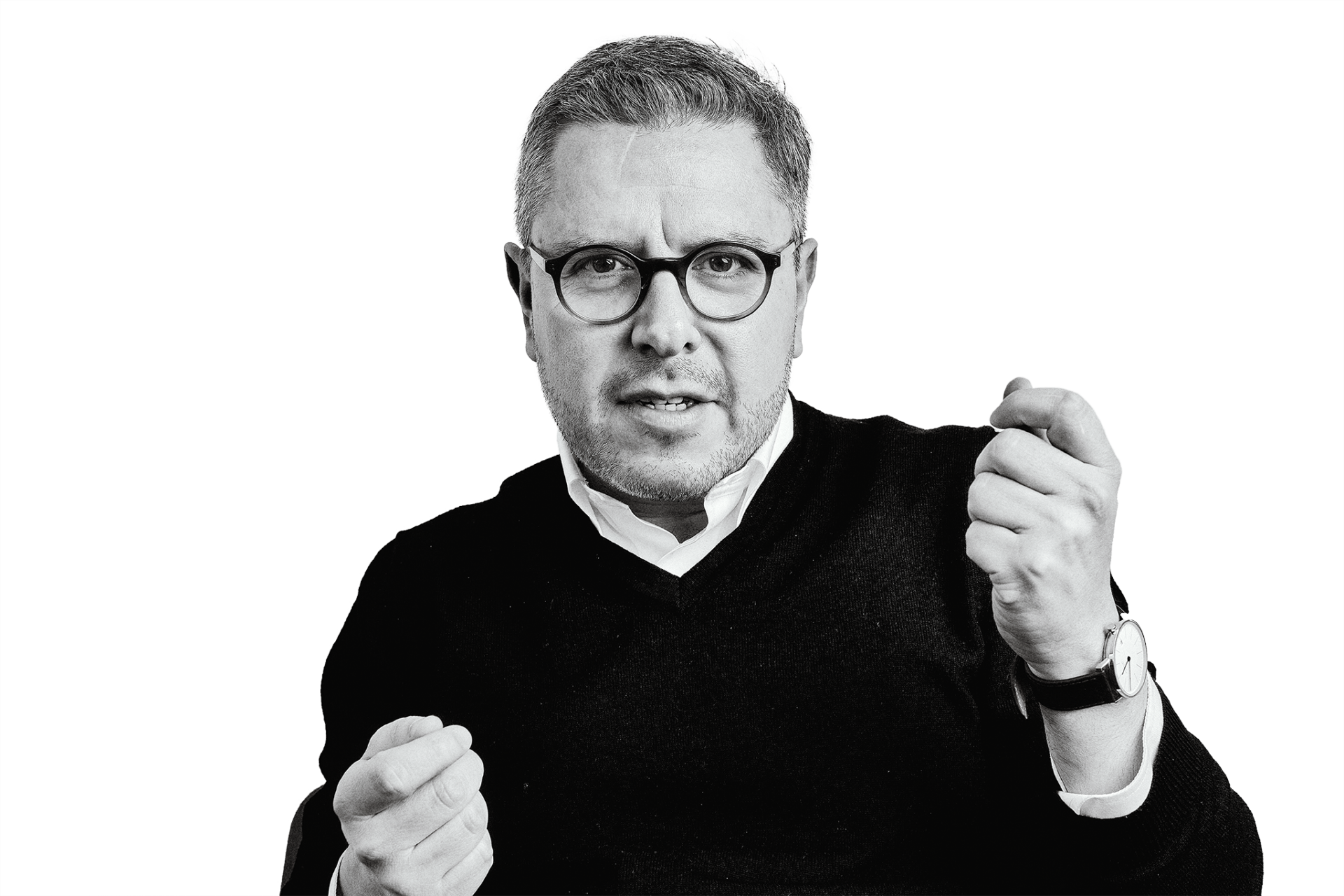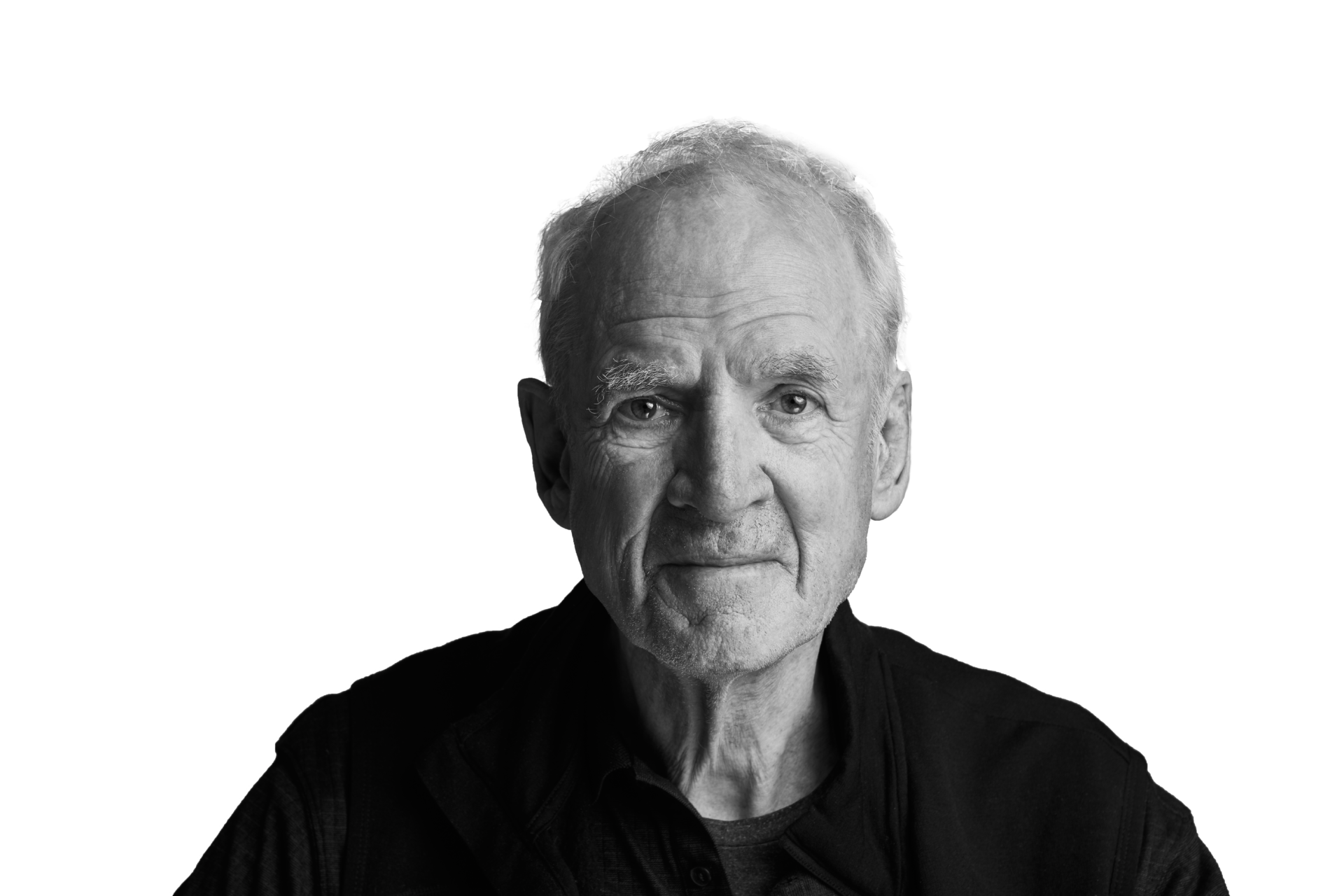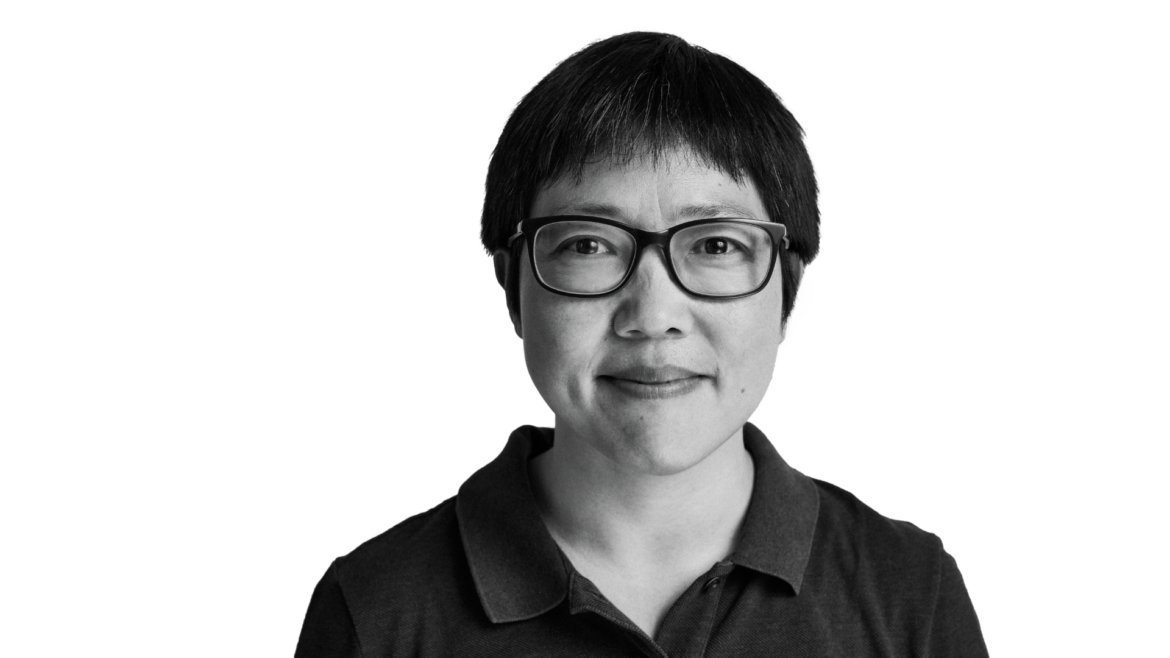Robin Celikates
Deputy Director, Berlin Center
Freie Universität Berlin, Institute of Philosophy
Email: robin.celikates@fu-berlin.de
Robin Celikates
Since October 2019 Robin Celikates ist deputy director of the Humanities and Social Change Center Berlin.
Prof. Robin Celikates´s research is mainly in political philosophy, critical theory and social philosophy, and focuses particularly on questions of democracy, migration and citizenship, civil disobedience within democratic systems, the moral philosophy of recognition, and methodologies in political philosophy and social philosophy.
Other areas of interest include the philosophy of social sciences, moral philosophy, Rousseau, and political and social theory.

